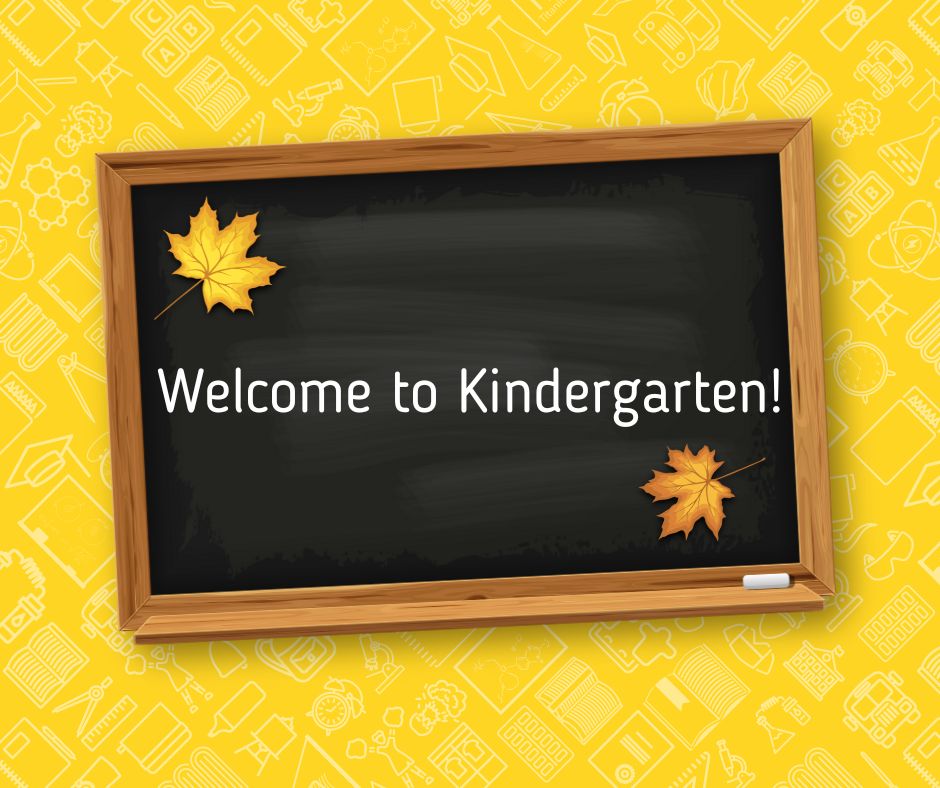
Kindergarten Readiness: The Social and Emotional Edition by Joy Herrera, Bringing Out the Best Early Childhood Specialist
Entering Kindergarten is a time filled with new beginnings, growth, and bonding opportunities, but it is also a time in which your child will begin to navigate emotions, anxieties, relationships, and a world beyond the comfort of home and family. Equally important in the kindergarten journey are the experiences of parents who will share many of the same triumphs and worries that their children do. But fear not! Having a plan will make things much smoother. Here are some key activities to try for social and emotional preparation:
- Talk about big school. Have conversations about what it will be like, the routine, and the importance of making friends.
- Encourage independence with tasks such as dressing, using the bathroom, and meals.
- Practice social skills like turn taking, sharing, and listening to others.
- Identify and work through emotions. Is your child familiar with a variety of emotions? If not, it’s not too late to begin naming emotions, talking about how they feel, and finding a way to overcome the difficult ones. Reassure your child that it’s normal and okay to feel nervous and excited about school.
- Read books and stories about starting kindergarten.
- Visit the school before the beginning of the year. Attend any open houses. Take the opportunity to play on the school playground. Possibly make a book with pictures of the school.
- Keep a consistent routine, this is crucial during the lead up to school and once the year has begun.
The first day of kindergarten is a monumental occasion often filled with excitement and perhaps a few butterflies in the stomach. To make the first day as smooth and as memorable as possible, consider preparing in these ways:
- Make the first day special with a comforting routine or ritual.
- Discuss a goodbye plan so that they understand that you’ll be back to pick them up at the end of the day.
- Allow your child to take a picture of your family to school. If permitted, let them take a comfort item such as a favorite toy or blanket.
Once the first day of school arrives, you may begin to see some unexpected issues come up. Unfortunately, many children “save up” the raw emotions that they felt during the day. It is normal for your child to wait to get home before they unleash their feelings. And you, the parent, may receive the backlash of those emotions because our children see home as a safe place to release what has happened during the day. It is our place as parents to provide comfort and advice. Avoid asking questions like “How was your day?” as soon as you see your child. Rather, talk about how happy you are to be together again. Later in the evening you may ask specific questions such as, “Who did you play with today?”, or “Did you learn something new about your teacher?”. Children often have a hard time recalling and talking about their day so using these strategies can bridge the communication gap.
It is important to identify what is causing barriers as well as ways that you can help.
Sleep: You can expect your child to be very tired and sleepy the first couple of weeks of school. Allowing extra sleep time, even pushing bedtime up 15-30 minutes can make a positive difference.
Hyperactivity: Your child, maybe for the first time, will be expected to sit at a desk quietly and to be still. Large body movements are being replaced by fine motor activities more often. The result can be mental and physical exhaustion at the end of the day. After school is a great time to encourage your child to run outdoors to expend energy. Giving high protein snacks are great options to offer as well.
Meltdowns: You and your child can expect emotional overload. They may be trying to hold back feelings throughout the long day. Try using feeling words as you reflect on your child’s feelings. You might say, “it seems like you are tired and frustrated. How can I help you feel better?” You may offer a cool down spot that serves as a safe haven filled with pillows, stuffed animals, and calm choice visuals. Go with your child to this space if they want you to be with them. Model how you would calm down in the area and offer guidance as your child attempts to center themselves. Offer calm down solutions that can be used by both of you. Co-regulation (parent and child using resources to calm and center together), will build trust, bonding, and teach skills.
Lack of self-control: You may notice more boundary-pushing. They may take siblings’ toys or “forget” about household rules. Just as we exercise our muscles to gain physical strength, we can’t forget to exercise the way we go through routines and rules. At home, a cozy spot as mentioned above, will be helpful if they need time away to ‘reset’. Don’t change your rules and expectations. Children need consistency and thrive on routine. Provide a visual schedule, practice following school rules, and find other creative ways to help with the adjustment.
The journey to and through kindergarten can be tough but think of it as an opportunity to broaden your child’s life experiences, bond through learning and mutual respect, and as practice for the years of school life ahead.